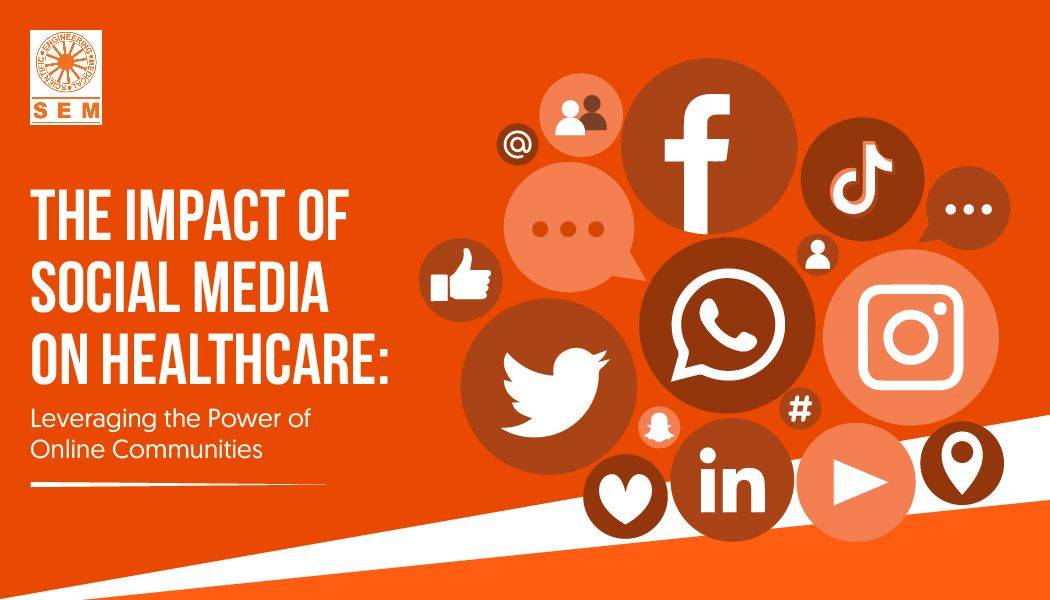Navigating Healthcare Challenges: Simulation-Based Training
Navigating Healthcare Challenges: Simulation-Based Training in India’s Medical Landscape.
In the face of unprecedented healthcare challenges, India’s medical community has been at the forefront, battling crises such as the COVID-19 pandemic. As the demand for skilled healthcare professionals continues to rise, the importance of innovative training methodologies becomes increasingly evident. Simulation-based training emerges as a game-changer, providing a lifelike and effective approach to prepare medical practitioners for the complexities of real-world scenarios.
Adapting to Crisis Situations
In times of crisis, the ability to adapt quickly is crucial. Simulation-based training offers a controlled environment where healthcare professionals can practice and refine their skills without compromising patient safety. This becomes particularly pertinent during health emergencies like the ongoing pandemic, enabling practitioners to familiarize themselves with new protocols, equipment, and procedures.
Realistic Scenario Replication
Simulation-based training recreates realistic medical scenarios, mirroring the challenges faced during crises. This immersive experience allows healthcare professionals to enhance their decision-making skills, critical thinking, and teamwork – all vital components when dealing with the unpredictable nature of health emergencies.
Reducing Human Error
The pressure and stress associated with crisis situations can lead to human errors, potentially compromising patient outcomes. Simulation-based training provides a risk-free environment for healthcare professionals to make mistakes, learn from them, and refine their skills. This iterative process contributes significantly to reducing errors in actual medical settings.
Optimizing Resource Utilization
In resource-constrained environments, efficient use of available resources is paramount. Simulation-based training allows medical practitioners to optimize the use of equipment, personnel, and facilities, ensuring maximum effectiveness during crises. This not only improves the overall preparedness of healthcare professionals but also aids in resource management on a broader scale.
Building Confidence
Confidence is a cornerstone of effective healthcare delivery, especially during challenging times. Simulation-based training instills confidence in medical practitioners by allowing them to practice and perfect their skills in a controlled environment. This increased confidence translates to improved performance when facing real-life crisis situations.
Remote Training Solutions
The geographic vastness of India poses unique challenges, making it essential to explore training solutions that transcend physical boundaries. Simulation-based training, especially when coupled with technology, offers the possibility of remote learning. This not only ensures accessibility for healthcare professionals across the country but also promotes continuous learning in the face of evolving medical challenges.
Preparing for the Unpredictable
Health crises are often unpredictable, requiring healthcare professionals to be prepared for a wide range of scenarios. Simulation-based training excels in this aspect by offering a diverse set of scenarios that challenge practitioners to think on their feet. This adaptability is crucial in ensuring that medical professionals are equipped to handle the ever-changing landscape of healthcare emergencies.
The Role of Simulation-Based Training in India
In the Indian context, where healthcare infrastructure faces constant challenges, adopting simulation-based training becomes imperative. The ability to bridge the gap between theoretical knowledge and practical application positions medical professionals to deliver high-quality care even in the most trying circumstances.
In conclusion, as the healthcare landscape in India continues to evolve, the role of simulation-based training cannot be overstated. It is a powerful tool that equips healthcare professionals to face crises head-on, fostering a culture of continuous learning and improvement.
For cutting-edge simulation solutions tailored to the needs of the Indian medical community, consider exploring offerings from SEM Trainers and Systems. With a commitment to advancing medical education through state-of-the-art simulators, SEM provides the tools needed for healthcare professionals to thrive in the face of challenges.
Remember, the key to effective crisis management lies in preparation, and simulation-based training is your ally in achieving just that.

